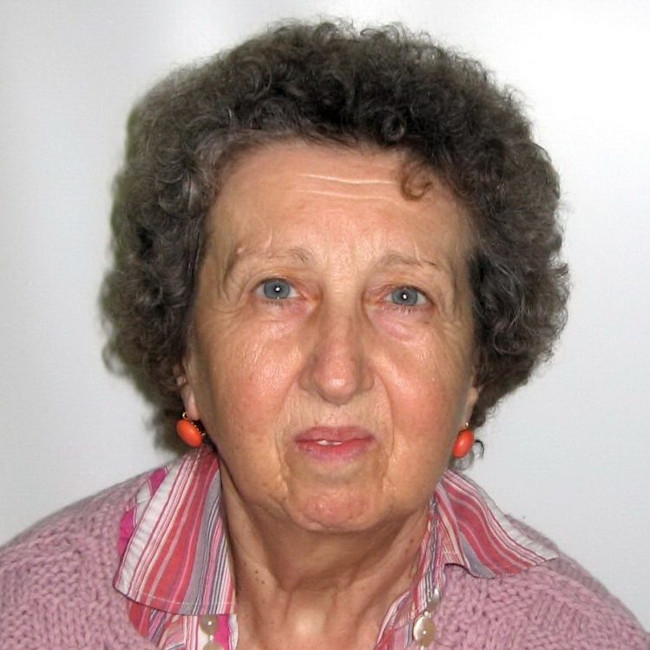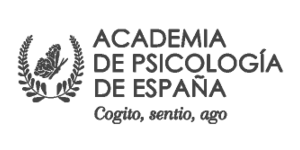Speaker

ADRIANA LIS
UNIVERSITY OF PADOVA. ITALY
A full professor at the University of Padua, she has taught for over 20 years at the same institution. She has taught courses such as Family Relationship Psychology, Psychodynamic Assessment, Intervention Models in Family Relationships, and Evaluation of Psychotherapeutic Interventions. She has an outstanding academic output, with over 45 articles published in national and international journals, as well as several reference books in her field.
She published over 45 national and international papers as well as several national and international books.
Psychological well-being: from childhood to emerging adulthood

Psychological well-being and mental health of youth represent a global health challenge of the twenty-first century. Consensus has been reached around the need to consider and focus on the developmental trajectories of the psychological well-being for a completer and more complex picture. Thus, the current symposium is aimed to offer a contribution to this gap.
The first speaker focuses on children’s concerns and emotions in relation to the climate crisis. Climate change represents a global crisis with profound implications for children’s psychological and emotional well-being. Focus groups were conducted to gain insight into their emotional experiences regarding climate change and to understand the environmental concerns they express, including biospheric, egoistic, and altruistic concerns. A thematic analysis was then carried out to identify key patterns and themes in their responses. The findings provide important insights for developing interventions and support strategies aimed at promoting children’s well-being and engagement in sustainability. The second presentation deals with content and sentiment analysis of slang on self-harming in SH blog. The third contribution investigates the psychological well-being of university students in Italy. Specifically, it explores risk and protective factors associated with students’ well-being, such as personal aspirations, stress perception, experiences of discrimination, academic motivation, and mental health symptoms. Ultimately, the research aims to identify effective strategies to promote well-being and foster a more supportive university environment. The last speaker discusses the preliminary results of the Menti in Movimento (Minds in Movement) project, designed to promote psychophysical well-being and prevent psychological distress among university students while supporting inclusion and personal growth. The project includes an extensive survey on psychological well-being and daily life stressors and group interventions aimed at enhancing soft skills.












